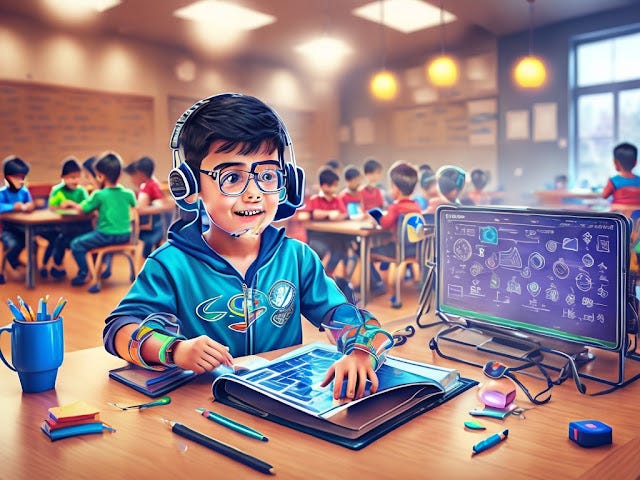
In the ever-evolving landscape of entertainment, the journey from live performances on stage to the dazzling screens of cinema and digital platforms has been transformative, reflecting societal shifts and technological advancements. This evolution not only changed how stories are told but also reshaped our cultural experiences and perspectives.
1. The Rise of Theater
Centuries ago, entertainment primarily revolved around live performances in theaters. From ancient Greek tragedies to Shakespearean dramas, theater provided a communal experience where stories came to life through the skill of actors and the creativity of playwrights. The immediacy of live performance captivated audiences, drawing them into the emotional and intellectual tapestry unfolding before them.
2. The Birth of Cinema
The late 19th century witnessed a revolution with the invention of cinema. The Lumière Brothers’ first public screening of moving pictures in 1895 marked the beginning of a new era. Suddenly, stories could be captured and shared in a visually compelling manner, reaching audiences far beyond the confines of a theater. Silent films gave way to the era of talkies, enhancing the immersive power of storytelling with synchronized sound and music.
3. Television: Bringing Entertainment Home
In the mid-20th century, television emerged as a transformative force in entertainment. It brought the magic of cinema directly into people’s homes, altering family dynamics and social interactions. The sitcoms, dramas, and news broadcasts broadcasted into living rooms created shared cultural touchstones and shaped public discourse.
4. Digital Revolution: Entering the Virtual Realm
The turn of the millennium saw another seismic shift with the advent of the internet and digital technologies. Streaming platforms like Netflix, Amazon Prime, and Hulu revolutionized how content is consumed, offering on-demand access to a vast array of movies, TV shows, and original programming. This democratization of entertainment empowered creators and audiences alike, fostering a global exchange of stories and ideas.
5. Interactive Entertainment: Gaming and Beyond
Alongside traditional media, interactive entertainment, particularly gaming, has surged in popularity. Video games have evolved from simple arcade amusements to complex narratives and immersive worlds that rival blockbuster films in scope and ambition. The rise of esports has turned gaming into a spectator sport, attracting millions to watch competitions online and in stadiums worldwide.
6. The Fusion of Media: Convergence Culture
Today, boundaries between different forms of entertainment are increasingly blurred. Film franchises spawn TV spin-offs, while books inspire blockbuster adaptations. Social media influencers become cultural icons, leveraging digital platforms to reach global audiences. This convergence culture reflects a desire for interconnected narratives and multimedia experiences that transcend traditional formats.
7. Challenges and Opportunities
However, the evolution of entertainment hasn’t been without challenges. Piracy, content saturation, and debates over representation and cultural appropriation continue to shape industry dynamics. Yet, these challenges also present opportunities for innovation, diversity, and inclusivity in storytelling and content creation.
8. The Future of Entertainment
Looking ahead, the future of entertainment promises further evolution. Virtual reality (VR) and augmented reality (AR) are poised to redefine immersive experiences, placing audiences at the center of narratives like never before. Artificial intelligence (AI) could revolutionize content creation and personalization, offering tailored experiences based on individual preferences and behaviors.
Conclusion
From the intimate setting of a theater to the global reach of streaming platforms, entertainment has journeyed through centuries of innovation and adaptation. Each technological leap and cultural shift has expanded the possibilities of storytelling, connecting people across time and space. As we embrace the future, one thing remains clear: the essence of entertainment lies in its ability to captivate, inspire, and provoke, continuing to shape our collective imagination for generations







